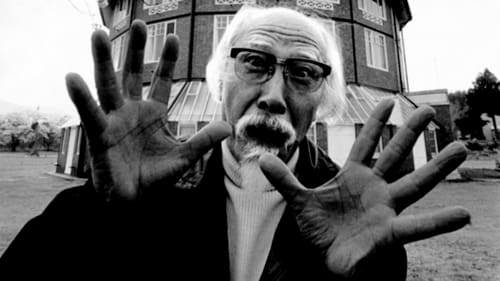
Camera Operator
In the sixties, director and screenwriter Seijun Suzuki (1923-2017) was the great innovator of Japanese cinema. Extremely creative and eccentric, his narrative world is strongly influenced by Kabuki theater. His testimony crosses with that of his collaborator and close friend, artistic director and screenwriter Takeo Kimura (1918–2010). Between the two of them, they remember how they made their great masterpieces about the Yakuza underworld for the Nikkatsu film company.

Camera Operator
HIDEO, It's Me, Mama is a psychological melodrama that introduces narrative and structural devices that are integral to Idemitsu's work. Exploring the flawed universe of the contemporary Japanese family, she focuses on a woman's identity as mother through mother-child and husband-wife relationships. Hideo, a young man living away from his parents, is kept under constant surveillance by his doting mother via an omnipresent television monitor. In a cogent metaphor for familial relations in the media-saturated culture of contemporary Japan, Mama can only communicate with her beloved, absent son through the video screen. Idemitsu's poignant irony is embodied in the scene in which Mama, blind to her husband's needs, caresses Hideo's video image. (Electronic Arts Intermix)

